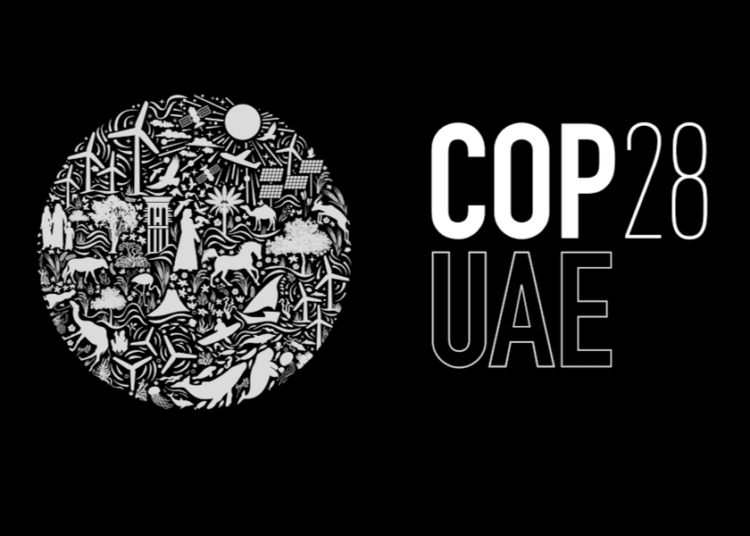COP28 has finished with the usual backslapping, tears and claims of a historic, planet saving, landmark deal. As usual, though, when you delve into the detail of the agreement, you find that it is mostly smoke and mirrors.
The main so-called achievement is the mention of the need to move away from fossil fuels, the first time this has been included in a Final Agreement. But just as in Glasgow at COP26 in 2021 with coal, there was a total refusal from many countries to endorse the term ‘phase out’ or even ‘phase down’. Instead the Agreement states: ‘Transitioning away from fossil fuels in our energy systems, beginning in this decade, in a just, orderly and equitable manner so as to achieve Net Zero by 2050 in keeping with the science.’
To all intents and purposes this is a meaningless fudge. The get-out clause, ‘in a just, orderly and equitable manner’, will allow China, India and the rest of the 24-strong Like-Minded Developing Countries (LDMC) group, who vetoed the phase-out of coal at COP26, to carry on using as much fossil fuel as they like.
Even the term ‘transitioning’ is weaker than ‘phase down’. China, for example, could argue it is already transitioning away, because it is increasing its share of renewables. It is also increasing its fossil fuel consumption in absolute terms if not share!
The Agreement is also notable for making no mention of any financial package. It notes the need for enhanced support and investment for poorer nations, but does not set out a requirement for developed countries to provide it, never mind put an actual number on it.
The rest of the Agreement seems to be full of loopholes as well.
• ‘Rapidly phasing down coal, and limiting the permitting of new coal power generation’ – phasing down was already agreed in Glasgow, and the ‘limiting’ of new coal power generation is another meaningless term which will allow China and India to carry on as usual.
• ‘Accelerating efforts towards Net Zero emission systems’ is another meaningless statement.
• ‘Accelerating zero and low emissions technologies’ notably includes carbon capture, which will ensure a future for fossil fuels. There is also mention of ‘low carbon hydrogen’, which implies steam reforming natural gas. (After all, green hydrogen is ‘carbon free’.)
• ‘Phasing out of inefficient fossil fuel subsidies that do not address energy poverty or just transitions, as soon as possible’ – this will allow all countries to carry on as usual.
There is also mention in the Agreement of the need for ‘transitional fuels’, which is a code word for natural gas!
Even the promised tripling of renewable capacity by 2030 will probably do no more than offset the increase in demand for energy in the interim.
But the biggest weakness of all in this Agreement is that it is not binding on any country. There are no national targets laid down as to who must do what. Instead it merely calls on countries ‘to contribute to global efforts to transition away from fossil fuels’. It is significant that there was no debate allowed on the final text, an indication that some countries might have rejected it as too weak.
The Agreement will of course be used by our politicians and media to demand that we must do our share, and decarbonise faster. They will try to gaslight us into thinking that the rest of the world is doing more than us. Labour’s shadow culture secretary Thangam Debbonaire has already come out and demanded that the UK rapidly transitions away from fossil fuels.
But without doubt, in a few months we will be hearing all the usual warnings that next year’s COP will be the last chance to save the world, just like every year.
And the world will carry on using fossil fuels regardless!

